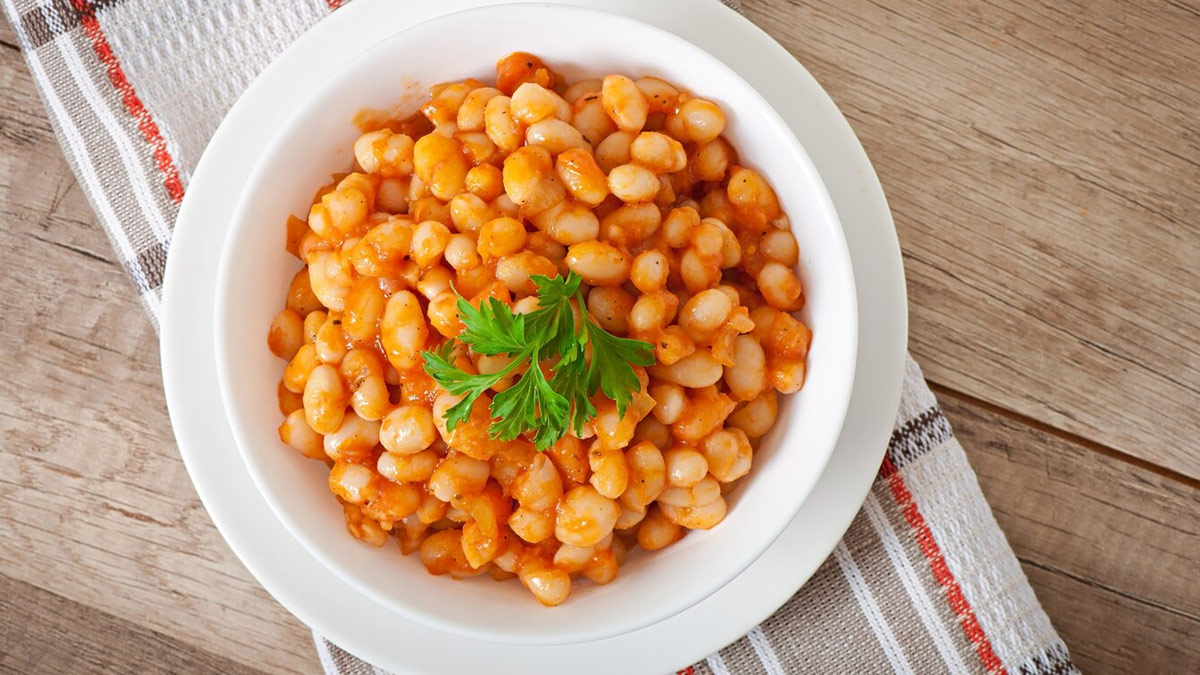Why Do Beans Cause Gas; Cooking Tips To Make Them Easier To Digest
It is common for most people to experience gas or bloating after eating beans. Beans belong to the legume family called Fabaceae and come in several varieties. While they are rich in protein, fibre, folate, iron, potassium and magnesium, they also contain complex carbohydrates, which the body has difficulty digesting, leading to gas. But can gassiness after consuming beans be prevented? To know more, the OnlyMyHealth team interacted with .

According to Dr Kumar, beans contain oligosaccharides, particularly raffinose and stachyose—complex sugars that the human digestive system cannot fully break down. "These sugars pass through the small intestine undigested and are fermented by gut bacteria in the colon, leading to gas production, bloating, and sometimes discomfort," he explained, adding that it is a normal physiological response, though it may be more pronounced in individuals with sensitive digestive systems.
The short answer is ‘yes’. Certain beans are less likely to cause gas. For instance:
In contrast, kidney beans, chickpeas, and soybeans have higher levels of gas-forming compounds. Individual tolerance varies, so it's often about finding what works best for your body, said Dr Kumar.

Several food preparation methods or cooking techniques can help reduce the gas-producing effects of beans. These include:
Dr Kumar explained that soaking beans for 8–12 hours reduces antinutrients and gas-producing sugars, whereas sprouting (germination) further activates enzymes that break down starches and proteins, making the beans easier to digest, more nutrient-rich, and low in flatulence-causing compounds. These properties are especially helpful for people with mild sensitivities.

Beans can be problematic for individuals with Irritable Bowel Syndrome (IBS). While beans are a good source of fibre and protein, which can be beneficial for IBS management, they also contain FODMAPs (fermentable oligosaccharides, disaccharides, monosaccharides, and polyols) that can trigger symptoms in some people.
Experts often recommend a low FODMAP diet for IBS patients. It is a dietary approach that restricts foods high in FODMAPs to help manage IBS symptoms. Research suggests it helps by reducing gas and water in the gut, calming gut sensitivity, and influencing gut bacteria. Beans, lentils, and peas are typically limited or excluded on this diet due to their high FODMAP content.
However, Dr Kumar shared that it is not necessary to restrict beans entirely from one’s diet. “Beans are nutrient-dense, high in protein, fibre, and essential minerals.” Therefore, some of the recommendations are:
Beans are packed with nutrients, but for many people, they come with an uncomfortable side effect – gas and bloating. That’s mainly because of certain complex sugars that are hard to digest. However, simple cooking tricks like soaking, sprouting, or adding digestive spices can prevent discomfort. Even those with sensitive stomachs or IBS don’t always have to give up beans. Choosing milder types and getting advice from a doctor or dietitian can help you enjoy their health benefits without the discomfort.












